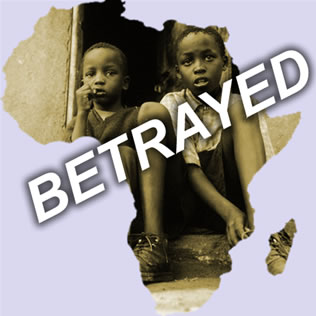Russian Roulette of Rape
/Ayanna Nahmias, Editor-in-ChiefLast Modified: 15:17 p.m. EDT, 19 July 2011
As a victim of rape I am intimately acquainted with the difficulties women face when confronted by the decision to report the violation. I was brutally date raped by boy who I knew and trusted. What has remained with me thirty years hence was the utter indifference exhibited by other attendees of the party who chose to ignore my cries for help.
When a woman is raped, if she chooses to report the violation, she risks a second violation by the criminal justice system. In almost all cases the defense employs offensive measures by thoroughly investigating her background until they unearth some lapse in judgment, preferably sexual. She will face character assassination and if this doesn't dissuade her, the specter of a protracted public trial often encourages her to move forward with her life and to try and put it all behind.
I reported my case to a school counselor who tried to persuade me to contact the police but I refused out of fear of reprisal, stigmatization, ostracization. The rapist had already besmirched my name by telling other schoolmates that I was a 'slut' and that I wanted it. Since this occurred in my senior year I chose not to attend my graduation and never looked back.
In hindsight my decision not to report the incident to the police may not have been the correct choice, but it was probably best given my age and circumstances. However, it dramatically affected my ability to trust men and resulted in severe dysfunction which subsequently damaged many of my future relationships.
When an older woman reports rape she is at greatest risk of being victimized by the system. Most women have history, especially woman who are past the age of consent which is 18 in America. Many women in this age bracket have had multiple sexual encounters that include marriage or long-term partnerships. Unlike the accused, her background is dissected with a fine tooth comb, while the perpetrator need only proclaim that he is innocent and the sexual encounter was consensual.
Thus, the chances of a rapist remaining free is fairly high and the risk of him getting caught is akin to playing Russian roulette. The chances of him getting punished decreases with each subsequent rape, but if he is prone to this type of antisocial behavior, he is willing to take that risk because he understand the psychology of his chosen victims who will most likely remain silent.
This post began in response to the Dominique Strauss-Kahn rape case which has faded quietly from the public's eye amid allegations that the woman was in fact a prostitute who had attempted on previous occasions to file false rape charges. Only Strauss-Kahn and the maid will ever know the truth. However, even if the allegations advanced by Strauss-Kahn's defense team are true, it does not negate the possibility that this time she told the truth.
It doesn't matter if you are a prostitute, stripper or a wife, non-consensual sex is rape and "No!" means "NO!"
Photos by Reinfried Marass. All Rights Reserved. Contact photographer for permission for reprint.
Follow Nahmias Cipher Report on Twitter Twitter: @nahmias_report Editor: @ayannanahmiasRelated articles
- Putting End to Victim Blaming in 2012 (clutchmagonline.com)
- NYC Hotel Housekeepers Will Get Panic Buttons (newser.com)











 NEW YORK
NEW YORK
























